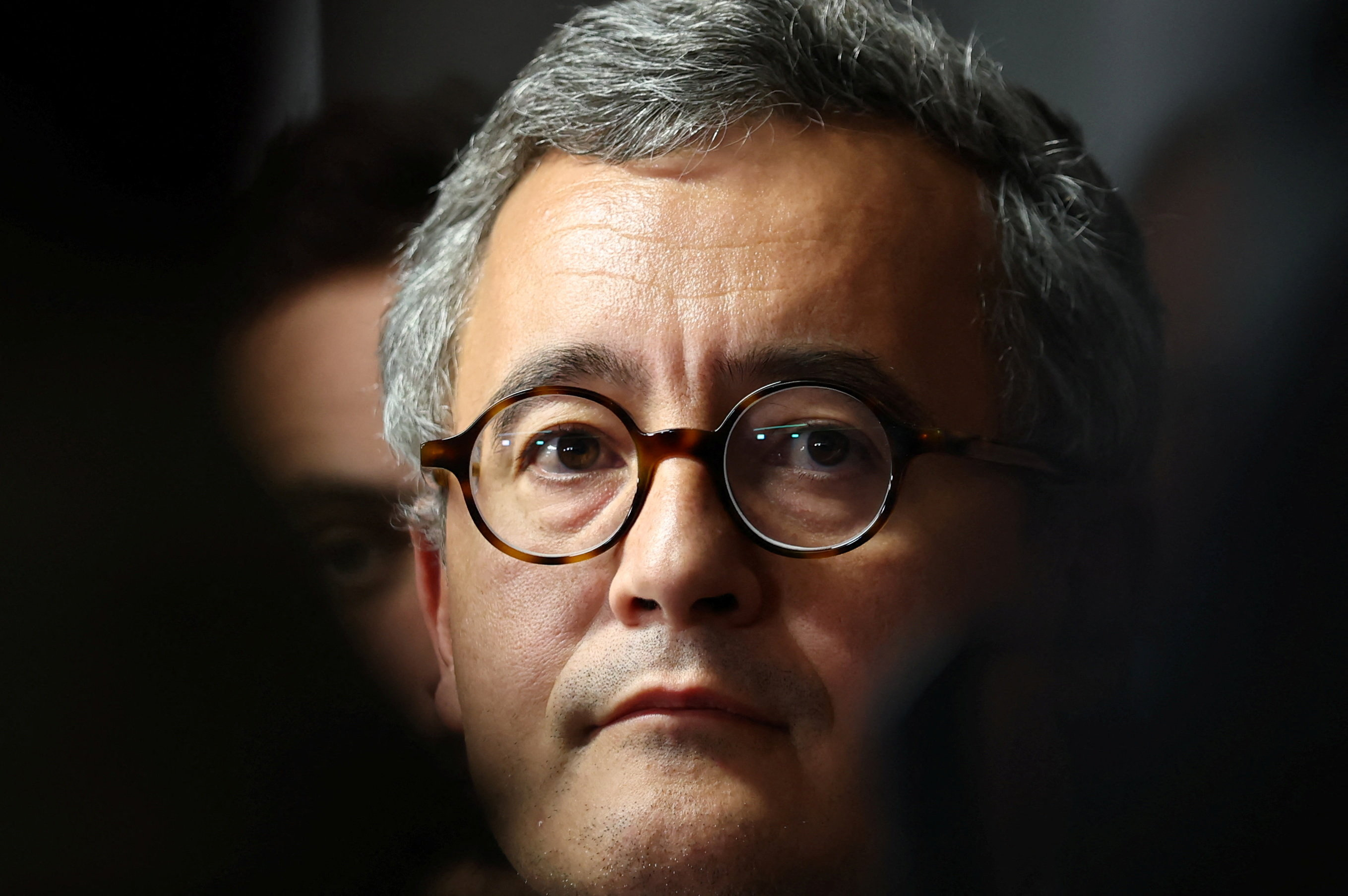French Government Proposes Stronger Drug Trafficking Laws and Increased Police Funding
France plans to strengthen drug trafficking laws with new legislation and calls for a 60,000-strong police expansion to combat narcotraffic more effectively.
- • Justice Minister Gérald Darmanin plans new 2026 law to modernize sentencing for dangerous criminals.
- • Controversial release of drug trafficker Ouaihid Ben Faïza sparked criticism of current protocols.
- • Fabien Roussel advocates for 60,000 new police and customs jobs to fight narcotraffic, costing 2.5 billion euros.
- • Roussel emphasizes support for law enforcement and unity among leftist parties ahead of 2026 elections.
Key details
On November 23, 2025, French Justice Minister Gérald Darmanin announced plans to introduce legislation in early 2026 aimed at modernizing the framework for executing sentences for dangerous criminals, particularly narcotraffickers. This move follows public outcry over the controversial release of Ouaihid Ben Faïza, a 52-year-old drug trafficker from the Vendin-le-Vieil high-security prison, who was temporarily allowed to leave prison for a job interview despite being classified as dangerous. Prison staff and unions criticized the decision, asserting it undermines protocols designed to isolate high-risk offenders from society. Darmanin's proposed law aims to strengthen penalties and ensure stricter control over such inmates.
In parallel, Fabien Roussel, national secretary of the French Communist Party, has called for the creation of 60,000 additional police and customs jobs dedicated to aggressively combating drug trafficking, especially in drug-affected cities like Marseille. Estimated to cost 2.5 billion euros, Roussel emphasized his party’s firm support for law enforcement, distancing himself from more critical leftist perspectives. He stated, “We support the police and want peacekeepers serving and protecting the people.” Roussel also criticized military expenditures on conflicts irrelevant to France and urged unity among leftist parties ahead of the municipal elections in March 2026.
These developments highlight a broad government and political push to tackle drug trafficking through both legislative reform and increased law enforcement resources. Darmanin’s proposal signals a focus on modernizing penalties and sentence execution laws to prevent risky releases of dangerous criminals, while Roussel’s plan aims to reinforce frontline policing efforts. Together, these initiatives reflect intensifying efforts across political lines in France to address narcotrafficking’s societal impact.
As legislative proposals take shape and political debates continue, the government is expected to prioritize security reforms early next year, responding to public concerns sparked by recent prison incidents and the persistent challenge of drug trafficking crimes.
This article was translated and synthesized from French sources, providing English-speaking readers with local perspectives.
Source articles (2)
Source comparison
Latest news
French Public Sees Rise in Political Violence Amid Pre-Municipal Election Tensions
Businesses Drive French Economy Amid Rising Financial Challenges for Youth
France Climbs to 4th Place in 2026 Winter Olympics Medal Table After Biathlon Relay Gold
XV de France to Field Largely Unchanged Lineup Against Italy in Six Nations
France and India Deepen Strategic Partnership with Focus on AI Regulation and Defense Cooperation
Data Breach Exposes 1.2 Million French Bank Accounts, Authorities Warn of Fraud Risks
The top news stories in France
Delivered straight to your inbox each morning.

